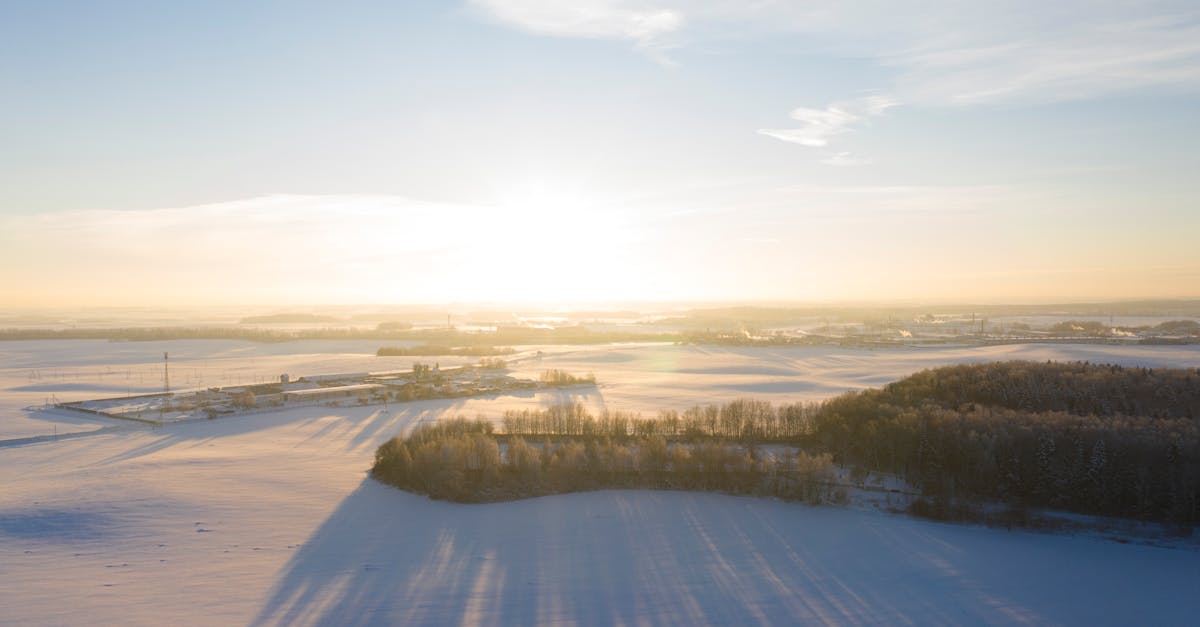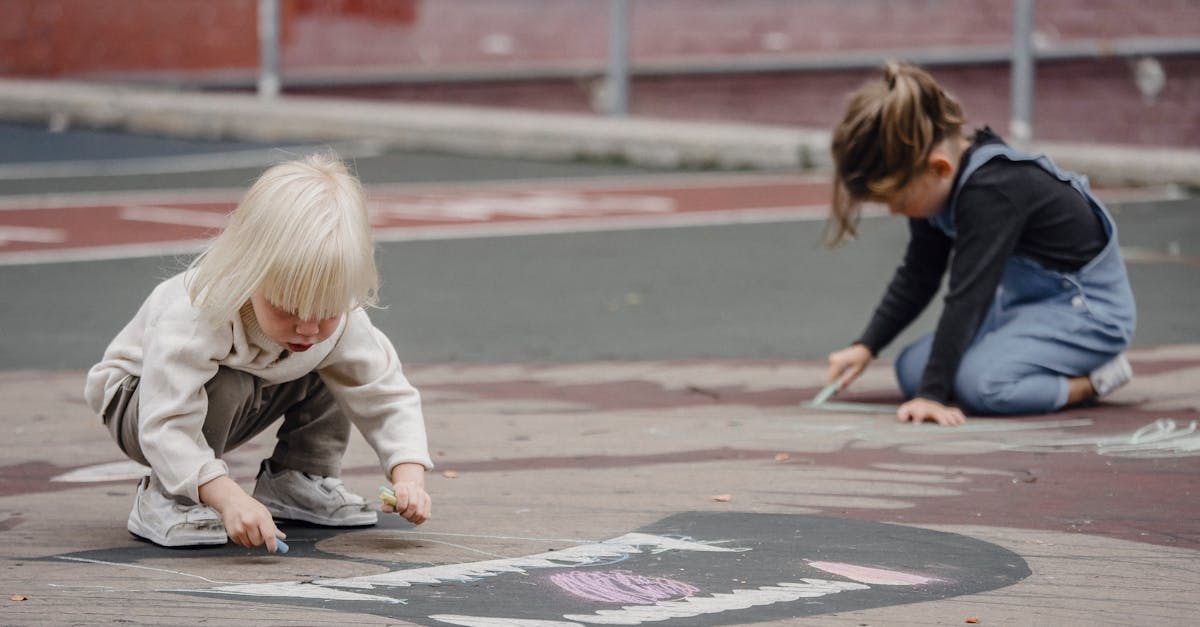Choose Accessible Campsites
Choosing the ideal campsite is key to a successful experience. Look for sites designed with accessibility in mind, featuring smooth, wide paths and flat, stable terrain for easy wheelchair navigation. Checking online reviews and campsite maps can help ease decision-making.
Don’t forget to call the facility ahead of time to confirm wheelchair-accessible amenities like restrooms, showers, and picnic areas. A smooth-ground spot near essential amenities will minimize long, rough trips and keep everyone happy.

Invest in Adaptive Camping Gear
Adaptive camping gear makes all the difference. From modified tents with hinged doors for easy entry to elevated cots and wheelchair-friendly sleeping bags, invest in items designed for convenience and safety. Consider portable ramps for getting in and out of high vehicles or buildings. Also, ensure your kid’s wheelchair has all-terrain wheels, as these provide better maneuverability over rough ground. Don’t skimp on a sturdy, all-weather canopy for shade and shelter.
Master Safe Transfers
Safe transfers are crucial. If your child needs help moving in and out of their chair, practice these techniques at home before the trip. A portable transfer board can assist in smooth transitions from wheelchair to cot, vehicle, or any seated position. Consider a soft mat underneath to cushion potential falls. Don’t hesitate to enlist help from fellow campers to ensure safety when lifting. Safety first, fun second!
Ensure Proper Hydration and Nutrition
Staying hydrated and nourished is easier said than done in the wild. Pack plenty of your child’s favorite hydration drinks and easy-to-eat snacks. Use spill-proof water bottles and compartmentalized food containers.
A camping trip can be physically demanding, so small, frequent meals can help maintain energy levels. Plan your meals in advance to accommodate dietary needs, and bring ready-to-eat options for times when cooking isn’t feasible.

Remember, adequate hydration and proper nutrition are essential for an enjoyable and safe outdoor adventure with your child. Stay prepared and make smart choices when fueling your bodies during your camping escapade.
Plan Fun Yet Safe Activities
Activities need to be both fun and safe. From nature scavenger hunts that can be adapted for wheelchair users to storytelling around the campfire, plan ahead to ensure inclusivity. Consider bringing lightweight sports equipment like a ball or a kite. Fishing can be a tranquil outdoor activity if you have a stable platform. Always supervise and provide ample rest periods to avoid exhaustion.

Empower Through Inclusion
Inclusion builds confidence and joy. Engage your child in decision-making, whether it’s choosing the campsite activities or helping with simple chores. A sense of belonging and teamwork can transform your camping trip into a cherished family memory. Don’t shy away from asking other campers for advice and sharing your experiences. Encourage your child to interact with fellow campers, broadening their social horizons while ensuring safety.

